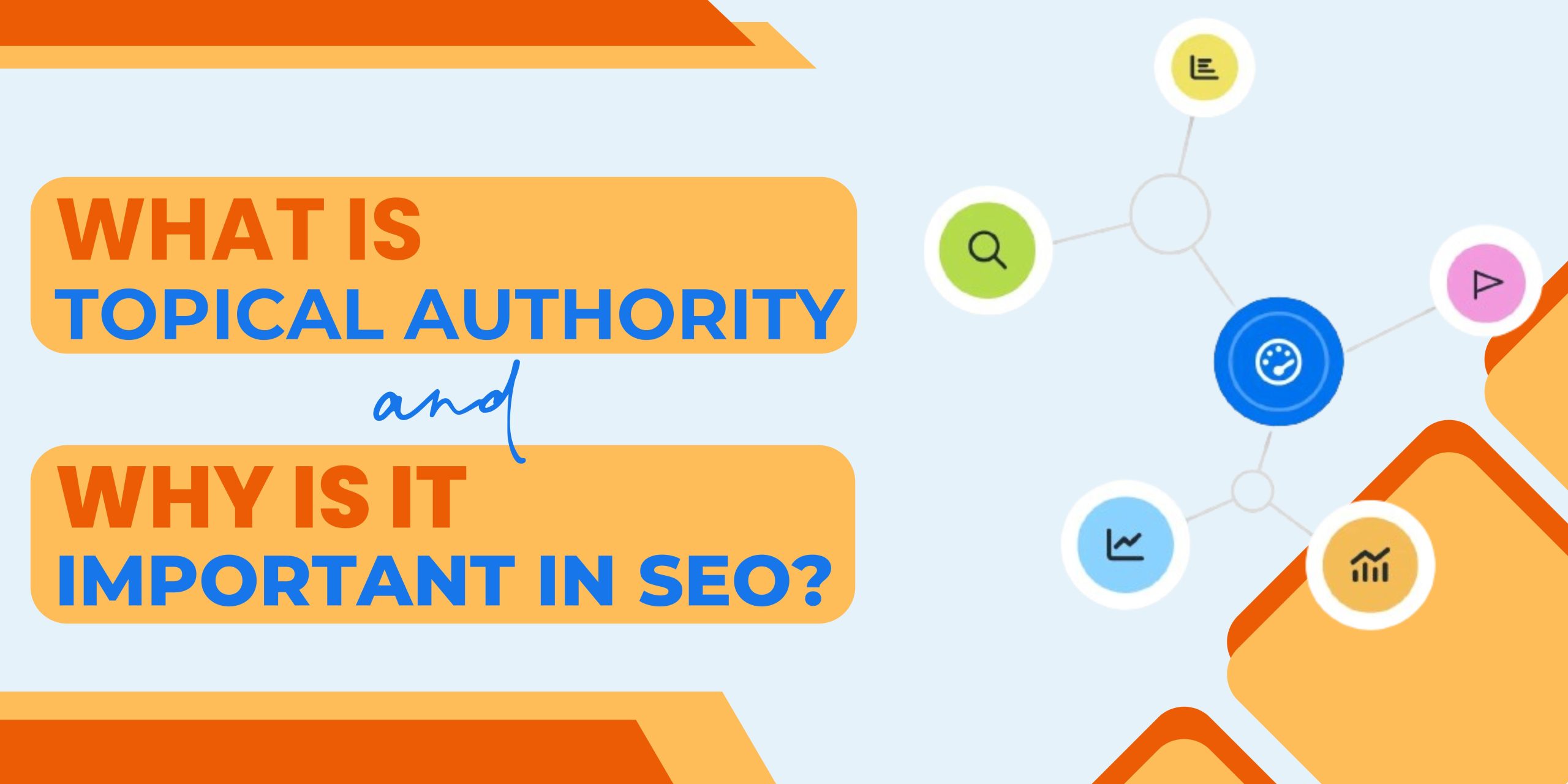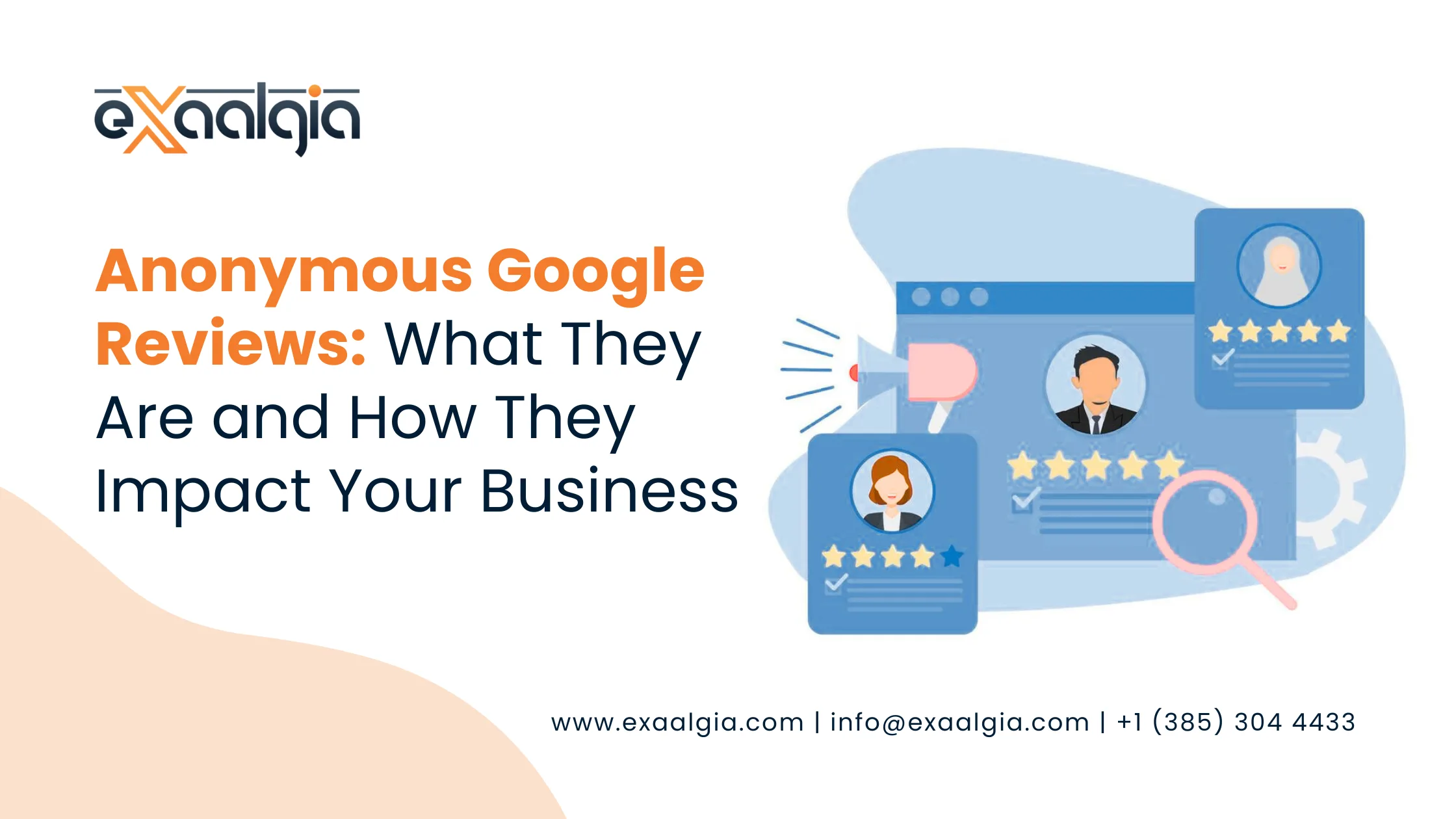What is Topical Authority?
Being seen as an expert on a particular topic is called a topical authority. If you want to become the most trusted source of valuable information on specific topics for the target audience, topical authority can be an excellent solution. If a website productively covers all aspects of the subjects well through high-quality content, readers and search engines will see it as the most reliable and well-read.
Why Is Topical Authority Important in SEO?
As Search engines aim to provide users with relevant and credible information, understanding topical authority becomes very crucial. If a site becomes a credible source, it is more likely to rank higher in search engine platforms. Thus, the following are the reasons why topical authority is important in SEO:
Increases Trust
Users trust a website that contains high-quality content with effective topical authority strategies, this eventually helps in gaining both reader’s and search engines’ trust and confidence. This trust can translate into higher-ranking websites, increased engagement rates, and more return visits.
If explaining it with an example, we can say that eCommerce sites like Amazon and Shopify have a significant amount of topical authority. Thus, Google trusts their information more if compared to other e-commerce sites and ranks them before all of them.
Improved Rankings
When a website covers a topic broadly and includes extremely well-written content, Search engines favor it more. Topical Authority helps in improving rankings on Search Engine Pages as it highlights expertise and in-depth information.
Higher Traffic
In time, as the rankings improve, it also improves the visibility of the website. If the ranking is higher more people reach your content, which leads to higher organic traffic.
Competitive Advantage
If you are integrating topical authority, it will help you set yourself apart from your competitors as they may have not covered the subject as thoroughly as you.
How Do You Increase Topical Authority?
Want to make your website a go-to platform for your target audience but don’t know how to? Topical authority can be beneficial. Listed below are some ways about how to increase a topical authority in a website:
In-Depth Content Creation – Focus on producing content in a detailed and informative way that will cover various aspects of the specific topic. Answering commonly asked questions and offering valuable information can help in increasing your topical authority.
Internal Linking – Integrating links of the related articles not only helps in gaining credibility but it creates a web of interconnected content. This helps search engines understand that the site has covered the topic comprehensively.
Timely Engagement – Engaging with target audiences through comments, and social media shares can increase topical authority. It indicates to search engines that the content posted on the website is relevant and valuable.
Consistent Posting – Posting regularly with up-to-date and fresh content can increase topical authority. Consistency helps you keep your audience engaged.
How To Measure Topical Authority?
When it comes to measuring topical authority, it involves various metrics. Here are some of the ways:
Search Engine Rankings – A higher ranking for various keywords related to your subject topic can indicate strong topical authority.
Traffic – If the amount of organic traffic on your site is increasing, it suggests growing topical authority on the website.
Backlinks – If the website is holding high-quality backlinks from credible sites, it indicates a good authority website.
Engagement Bar – Tracking engagement metrics such as average spent time on a page and bounce rate can be one of the ways of measuring topical authority.
Do Search Engines Prioritize Sites with High Topical Authority?
Yes absolutely, search engines do prioritize the sites having high topical authority. Search engines favor these sites, as they offer high-quality and in-depth content which helps many users in getting accurate information. Accurate and relevant information helps in gaining user trust and leads the website to rank higher. A website holding higher topical authority can set itself apart from the rest, as search engines prioritize credible sources.
Takeaway
Topical authority can be considered as a significant aspect of SEO and it impacts the performance of a website. By creating relevant, in-depth, and high-quality content, one can have a website with higher topical authority, which ultimately helps business growth.
FAQs
What is topical relevance in SEO?
Topical relevance in SEO is a process of search engines to identify how content aligns with a specific subject or a keyword. It is also referred to as topical authority. Search engines favor a website having high topical relevancy as it provides in-depth and valuable information to the reader.
What is the difference between domain authority and topical authority?
Domain authority is a process metric that measures the backlink’s profile and the domain age of the website. Whereas, topical authority or topical relevance is the process of evaluating the depth and relevance of a website within a specific topic.
How does Google determine topical authority?
By evaluating content on a specific topic, internal and external links, user engagement metrics, and consistent postings can help Google determine the topical authority of the website. Efficiently having all these can indicate a strong topical authority website.
What is semantic SEO?
Semantic SEO refers to the practice of optimizing the content and context of the content, not just the keywords. It uses natural language processing tools to help improve the relevancy of the content and its meaning. Rather than just optimizing a specific keyword for Google, Semantic SEO can help search engines understand the overall context of the content.







